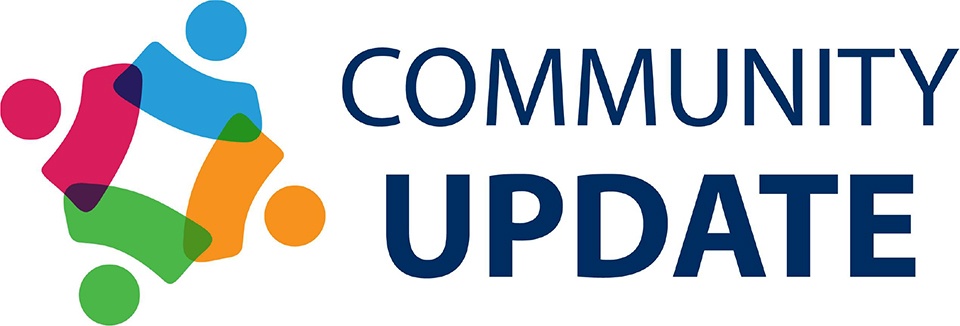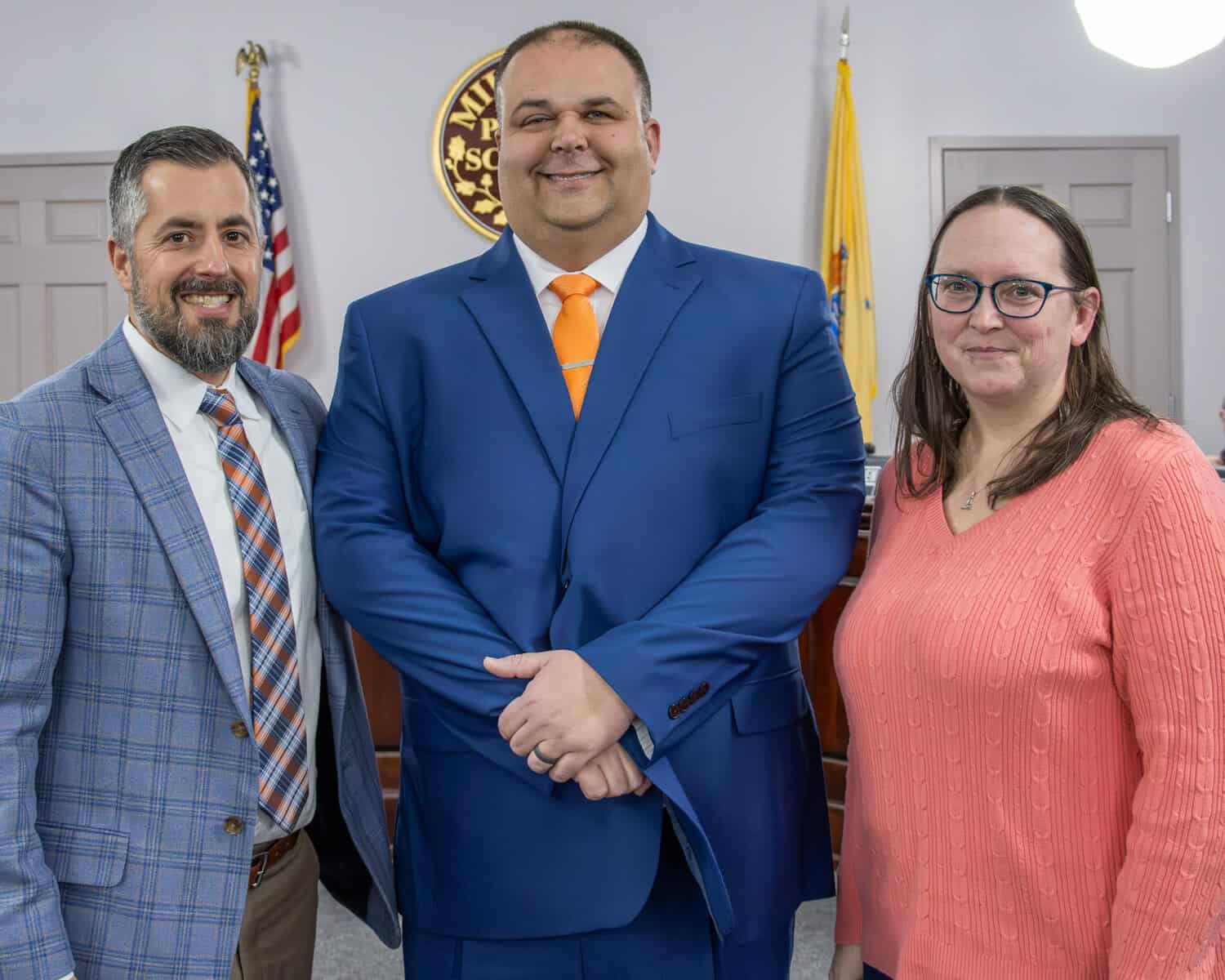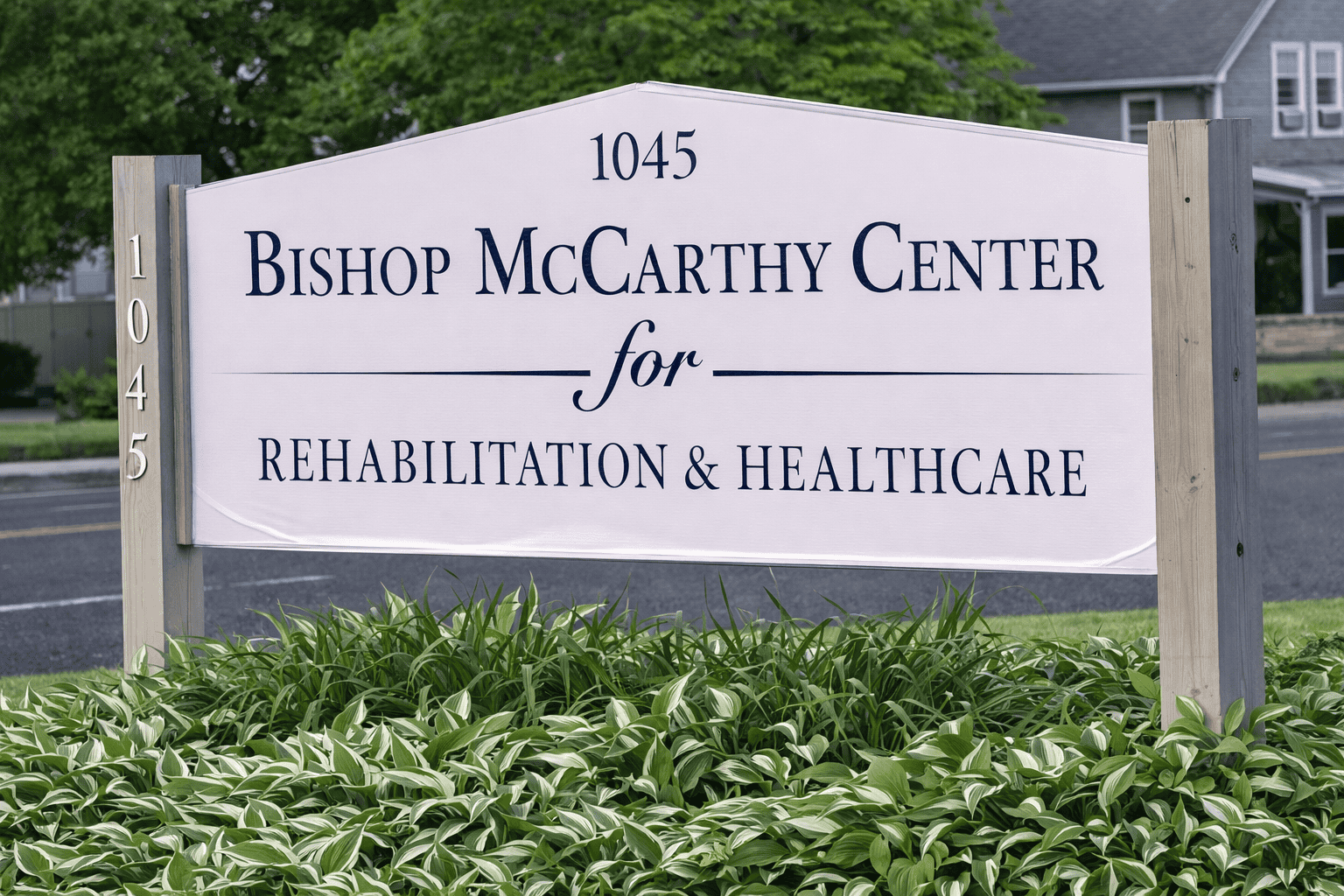NJ Pairs More Mental Health Specialists With Police Officers

This story is being republished under a special NJ News Commons content-sharing agreement related to COVID-19 coverage. Link to story: njspotlightnews.org/2023/01/nj-expands-pilot-program-pairing-mental-health-specialists-with-police-officers
As calls for police reform continue in New Jersey and across the country, the state is expanding a pilot program aimed at minimizing the use of force by police when they’re called to incidents of mental or behavioral health crisis. The program pairs mental health specialists with the police officers.
Launched over a year ago in Cumberland County, the program has been promising so far, officials said, with more than 250 people assisted and with no officer or civilian injuries, according to Attorney General Matthew Platkin.
The attorney general added that force was used in “very, very, very few instances.”
Elvira Smith has seen the program firsthand as the crisis screening director at Cumberland County Guidance Center, riding along with state police in Cumberland County when the program got underway in December 2021.
“From our data, we’ve shown that 80 percent of the individuals that we see in the community are left in the community,” said Smith. “In the past, if a trooper responded without the mental health component being available, those individuals would have been directed to the [emergency department].”
The program was set up after widespread calls for police reform across the country in the wake of the murder of George Floyd by a Minneapolis police officer in May 2020.
What does the data tell? Two out of three police use-of-force incidents in New Jersey involve a person suffering from mental health issues or under the influence of drugs or alcohol, according to the attorney general’s office. More than half of all fatal police encounters occur in similar circumstances.
Between January and November 2022, New Jersey police officers used force in a total of 8,452 incidents, according to the New Jersey Office of the Attorney General Use of Force database. There were 641 incidents in November, the most recent month for which data is available.
Under the pilot program, known as ARRIVE Together, a state police officer is paired with a mental health screener in an unmarked police car to respond to all 911 calls for mental or behavioral health crises. After Cumberland County, it was expanded to Union County in June 2022 with partnerships between Elizabeth and Linden police departments and Trinitas Regional Medical Center.
Now the pilot program has been further extended, with partnerships between the Bridgeton Police Department and the Cumberland County Guidance Center, the Roselle Park Police Department in Union County and Trinitas Regional Medical Center, and the Atlantic City Police Department and AtlantiCare Regional Medical Center.
“If you look at what we’ve asked law enforcement officers to do over the past several decades, really, I think ARRIVE is a recognition that we’ve asked them to do too much,” said Platkin in an interview with NJ Spotlight News.
The benefits: Smith of the Cumberland County Guidance Center said being the first responder on the scene with police officers made it easy to talk to families, gather information and deal directly with someone who was having a mental health crisis. Today, Smith supervises two staff members who ride along with police officers.
“I think this is less traumatizing,” said Smith. “I think it’s much more efficient. It’s a better use of what we call the acute care system. We’re getting people linked without having to be retraumatized and to go through all of those other pieces when they have to be sent to the emergency room.”
In Union County, Trinitas Regional Medical Center is one of the busiest screening centers in the state for mental health services, said Dana Melici, a licensed social worker there and director of psychiatric emergency services for the hospital. She also coordinates with the Elizabeth, Linden and Roselle Park police departments for the ARRIVE Together initiative.
“They (family members) are usually calling when they have already tried everything else to get their loved one some help,” Melici said in a statement regarding ARRIVE Together.
The program has yet to be extended to some of the state’s largest cities.
As part of the pilot program, mental health professionals from Trinitas and police officers have been doing one shift per week in Elizabeth and one in Linden, and have been responding to an average of five calls per eight-hour shift, according to Melici. This includes following up with people to check on how they are doing.
In another Union County community where the program is in operation, the police chief pointed to its upsides.
‘A no-brainer’: “If we have the possibility of having mental health evaluators and screeners responding quicker to circumstances where people are in mental distress, it’s a no-brainer to be a part of this and to try and provide this service for the community and for my officers,” said Roselle Park Chief of Police Daniel McCaffery.
As part of the pilot program in Atlantic City, police officers carry electronic tablets that can be used in real time by someone experiencing a mental health emergency to receive virtual telehealth services from mental health professionals at AtlantiCare Regional Medical Center.
The attorney general’s office is working toward a statewide expansion of the program, according to Platkin. The timing for expansion is unclear.
The program has yet to be extended to some of the state’s largest cities and advocates in those locations are in a wait-and-see mode.
Solomon Middleton-Williams is the deputy director at Newark Community Street Team, which hires, trains and deploys outreach workers to prevent violence and offers wellness services, among other resources. He said the organization supports the initiative and is interested to see the data regarding wellness services from the pilot program.
Other approaches: He said having a social worker working alongside a law enforcement officer is one approach, but added it may not take a social worker with a degree but rather trained residents in the neighborhoods.
“We will continue to encourage the governor and the attorney general to prioritize wellness within the Black neighborhood, because we need that,” Middleton-Williams said. “We need wellness—and the wellness that works for us and the wellness that supports our entire life.”
Others agreed that these kinds of programs need to be informed by community members first.
“In some cases, there are communities that do like the idea of a co-responder model, co-responder meaning law enforcement paired with either a mental health professional or a social worker,” said Marleina Ubel of New Jersey Policy Perspective, who authored a 2021 report on public safety and crisis response models not led by police in New Jersey.
“However, there are also communities that do not want law enforcement involved at all in certain kinds of crisis responses, she said, “All that is to say, I have mixed feelings.”
New Jersey can maybe glean some lessons from other states, including models that have far less police involvement.
Denver focuses on ‘civilian response’: In Denver, the Support Team Assisted Response program dispatches a behavioral health clinician and a paramedic or emergency medical technician to low-risk calls coming into the Denver 911 system, said Carleigh Sailon, the STAR operations manager at Denver 911.
The STAR program is a “purely civilian response” with STAR personnel the only responders sent to the scene in about 70 percent of the calls, Sailon said. They respond to welfare checks and behavioral health issues, among other types of calls.
“About 30 percent of the time, the call sounds like it needs a police officer and an officer will show up first, recognize that maybe the call isn’t exactly the same as what was reported to 911 and really is more appropriate for behavioral health response and they will ask STAR to come take over the call,” Sailon said.
Denver also has had a co-responder program called the Crisis Intervention Response Unit in operation since 2016, which deploys police and behavioral health clinicians to higher-risk behavioral health calls. In 2018, it became apparent that a large category of calls didn’t require the officer with the clinician during co-responder calls, Sailon said.
“It was really the clinician who was handling the call and the officer wasn’t needed for any sort of overarching scene-safety concern,” Sailon said. “So we started thinking about what additional options we could create to just send civilians to these types of calls or send another resource,” she added.
Since it was launched in June 2020, the STAR program has taken over 8,000 calls for service that would have otherwise been dispatched to police, Sailon said.
“I think what we’re striving to do in public safety is creating a menu of options for folks when they call in for help,” Sailon said.






